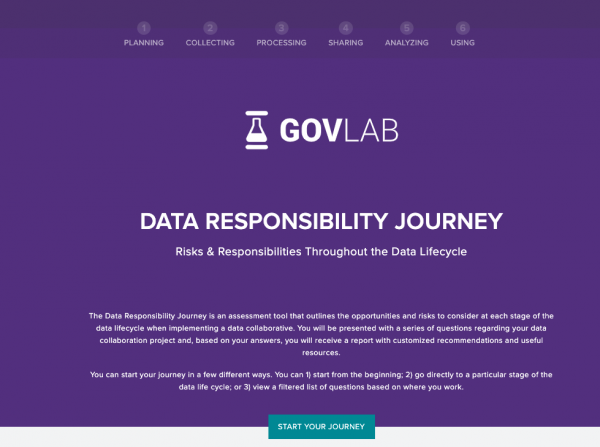Mark Lowcock and Raj Shah at Project Syndicate: “…Our experience of building a predictive model, and its use by public-health officials in these countries, showed that this approach could lead to better humanitarian outcomes. But it was also a reminder that significant data challenges, regarding both gaps and quality, limit the viability and accuracy of such models for the world’s most vulnerable countries. For example, data on the prevalence of cardiovascular diseases was 4-7 years old in several poorer countries, and not available at all for Sudan and South Sudan.
Globally, we are still missing about 50% of the data needed to respond effectively in countries experiencing humanitarian emergencies. OCHA and The Rockefeller Foundation are cooperating to provide early insight into crises, during and beyond the COVID-19 pandemic. But realizing the full potential of our approach depends on the contributions of others.
So, as governments, development banks, and major humanitarian and development agencies reflect on the first year of the pandemic response, as well as on discussions at the recent World Bank Spring Meetings, they must recognize the crucial role data will play in recovering from this crisis and preventing future ones. Filling gaps in critical data should be a top priority for all humanitarian and development actors.
Governments, humanitarian organizations, and regional development banks thus need to invest in data collection, data-sharing infrastructure, and the people who manage these processes. Likewise, these stakeholders must become more adept at responsibly sharing their data through open data platforms and that maintain rigorous interoperability standards.
Where data are not available, the private sector should develop new sources of information through innovative methods such as using anonymized social-media data or call records to understand population movement patterns….(More)”.



